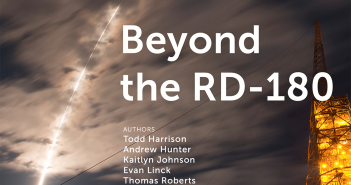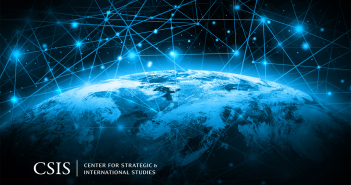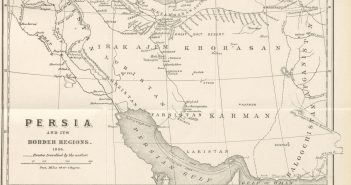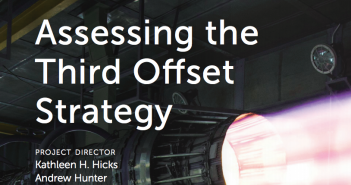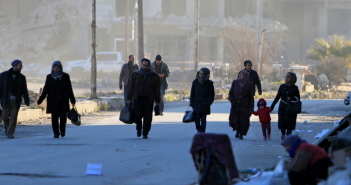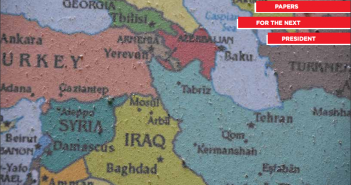Your single destination for high-quality content from top think tanks around the world. Fresh reports and analysis as they are released to ensure valuable thought leadership work isn’t lost in the daily noise.
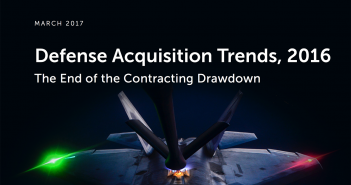
CSIS’ ‘Defense Acquisition Trends, 2016: The End of the Contracting Drawdown’
“This year’s study looks in depth at issues in research and development, acquisition reform in the FY2017 National Defense Authorization Act (NDAA), performance of the defense acquisition system, the future of cooperative International Joint Development Programs, and major trends apparent in the activities of the major defense components,” the Center for Strategic and International Studies writes about its “Defense Acquisition Trends, 2016: The End of the Contracting Drawdown” report.

